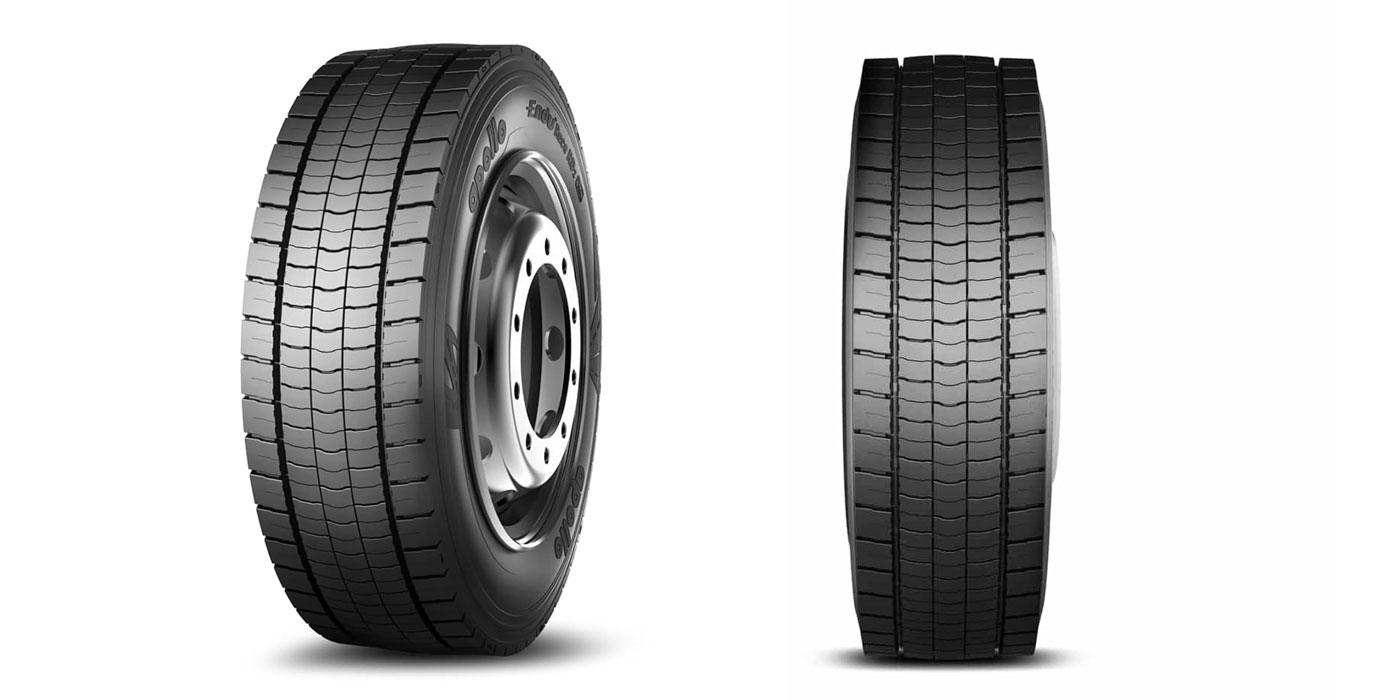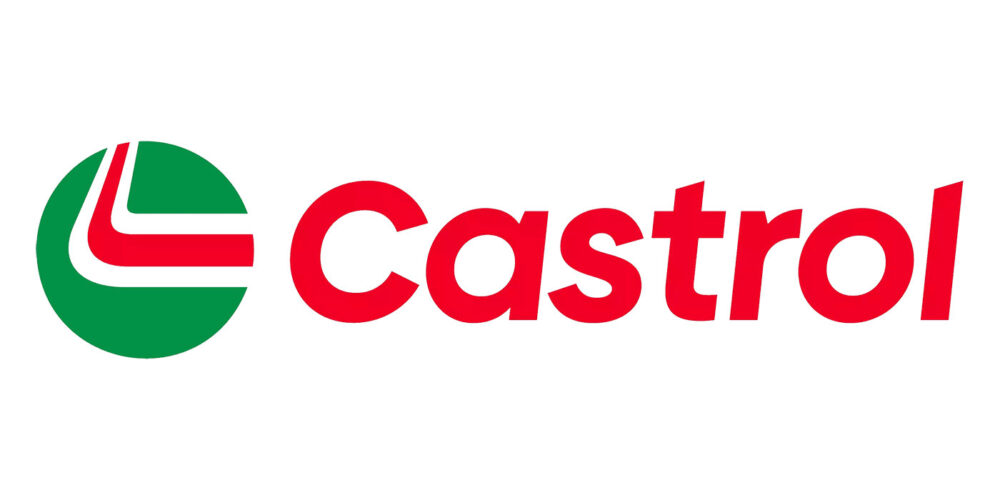Last month, I mentioned that natural gas looked like a good alternate fuel for P&D fleets. The more I investigate natural gas, the more enthusiastic I become.
The current trend is to use hybrids or electric vehicles for light- and medium-duty service. However, most people advocating the use of electric power haven’t fully considered two very important factors.
First, most of our nation’s electricity is generated by burning coal. Coal produces 35% of the U.S. energy-
related CO2 emissions. Nuclear power is a far cleaner choice, but with the recent disaster in Japan, you can bet the incorporation of nuclear-powered electrical generation will be slowed significantly.
Second, no one wants to discuss the cost of replacement batteries for electric vehicles. We all know that batteries must be replaced every three to six years because the act of repeatedly charging and discharging causes them to slowly lose capacity. So how long will electric vehicle batteries live, and what will be the costs associated with replacement? I don’t think you want to know.
Natural gas-powered vehicles have been around since the ’60s. Companies like Imco and Westport have considerable experience with properly converting diesel and gasoline engines to burn CNG, LNG and propane. All the major American manufacturers offer natural gas-fueled engine options, and these fuels burn very clean, so engine life is most likely improved over equivalent service diesel and gasoline engines. Diesels converted to natural gas also are much quieter.
Currently, the price of natural gas is at an all-time low. The prices of diesel and gasoline continue to soar due to the devaluing of the U. S. dollar, the uncertain Middle East situation, and our country’s lack of new pipeline and refinery installations. But recent technological developments have allowed us to discover and extract natural gas inexpensively from shale formations all over the country.
The U.S. now has proven natural gas reserves of over 2,500 trillion cubic feet. Over 800 trillion cubic feet of natural gas reserves have been discovered locked in shale formations. And the U.S. is the world-recognized leader in extracting natural gas from shale deposits. The U.S. shale boom started with the Barnett shale formation in North Central Texas. Currently over 6,000 wells in 17 Texas counties produce approximately 5.35 billion cubic feet of gas per day.
A second huge natural gas deposit in shale (the Haynesville formation) has been found in Louisiana (covering at least four parishes), southwest Arkansas and far eastern Texas. In mid-February, production in the Haynesville shale increased to 5.62 billion cubic feet per day, surpassing the Barnett shale gas play.
Perhaps the largest shale gas deposits are in the Marcellus formation in the Appalachian Mountains. This formation covers parts of Kentucky, New York, Ohio, Pennsylvania, Virginia and West Virginia. Another large discovery is the Fayetteville Shale, which underlies much of northern Arkansas and adjacent states. There are literally dozens of shale deposits around the U.S., which contain extractable natural gas, so there is no reason for the price of natural gas to rise in the near future.
The government had been providing incentives to incorporate natural gas vehicles into your fleet, but on April 6 a new bill (HR 1380) was introduced in the House of Representatives. If passed, this bill will provide:
1. A tax credit of up to 80% for the purchase of a natural gas vehicle
2. A 50-cent per gallon fuel tax credit
3. An infrastructure tax credit of 50% to build refueling stations
I’m telling you, it’s like money in the bank if this bill passes. Natural gas vehicles will be inexpensive to operate. If you can work out reasonable refueling logistics, your fleet can utilize an alternate fuel with a price that won’t increase the minute you purchase the vehicle.













